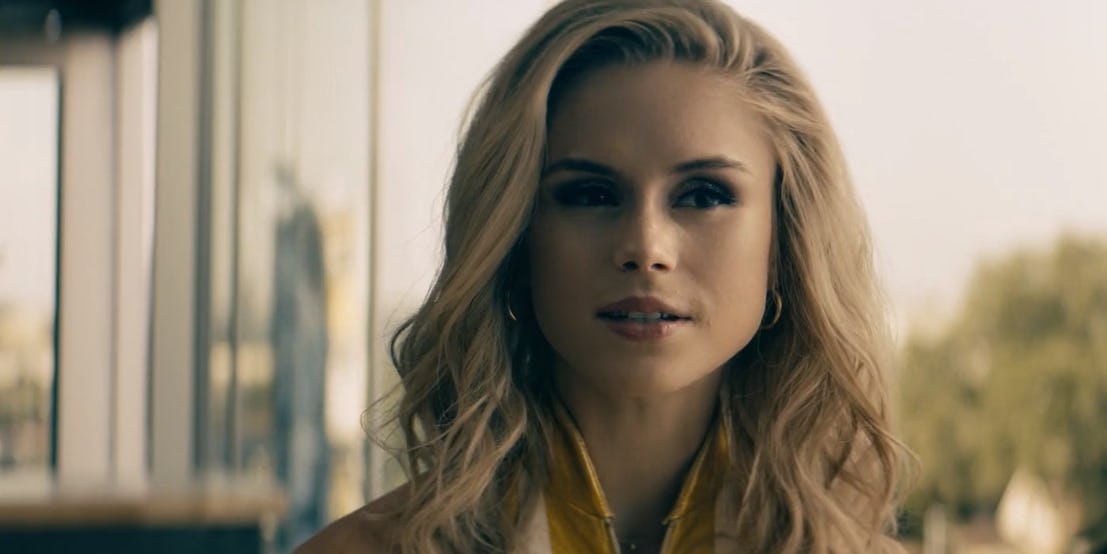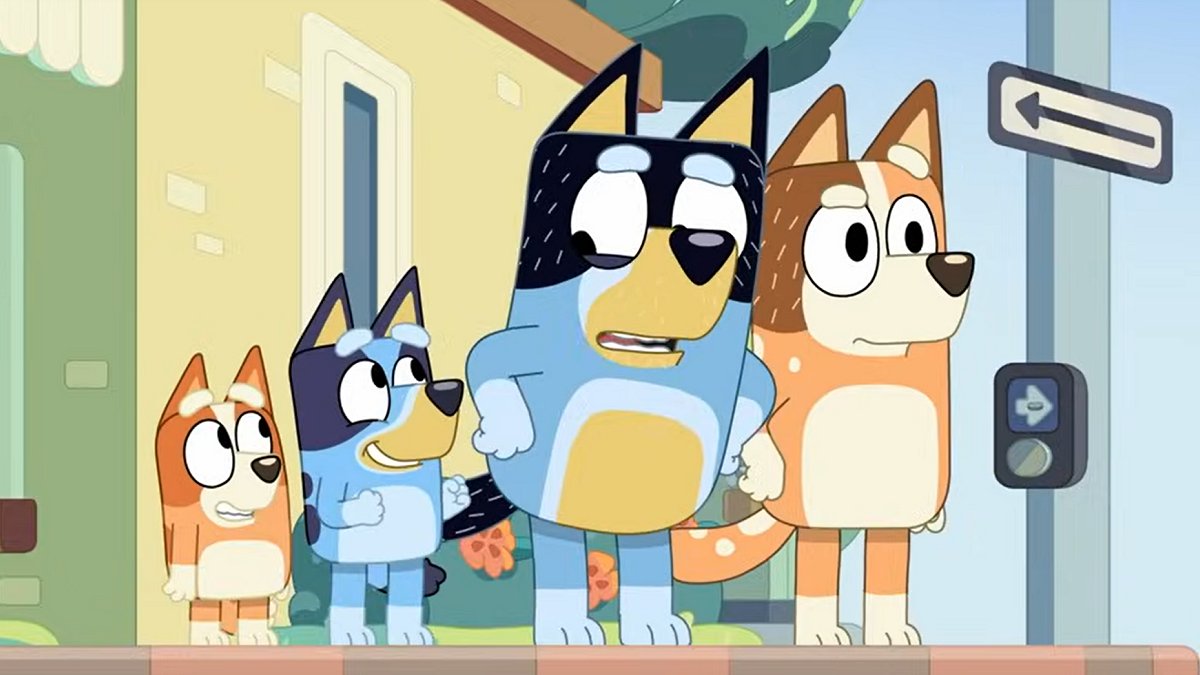There’s a lot to like about Amazon’s latest adapted series The Boys. Based on the comic book by Garth Ennis and Darick Robertson, the series imagines a world where superheroes are spoiled celebrities, reveling in movie deals and multi-million dollar endorsements by day and enjoying drug and sex-filled debauchery by night. The only thing standing in their way is a ragtag group of un-powered humans looking for revenge, the titular Boys.
The show is a savvy take on celebrity culture and superhero worship, made all the more prescient by our current pop culture obsession with all things super. It features a strong cast, a wicked sense of humor, and some inventively gory action sequences. But while the series celebrates Ennis’s signature outrageous style, it smartly dials back his more edgelord tendencies, especially with regards to sexual violence and the exploitation of female characters.
One of the series’ strongest choices is their treatment of new superhero Starlight aka Annie January (Erin Moriarty). In the comics, Starlight is an earnest new hero eager to join The Seven (The Boys‘ version of the Justice League) whose dream is brutally destroyed after she is coerced into sex with superheroes Homelander, A-Train, and Black Noir. Starlight is repeatedly bullied and harassed by her fellow heroes, and is forced by parent company Vought to change everything about herself (breast implants, a revealing new costume, a sexual assault backstory) to fit their mold.
It’s a brutalizing storyline, which Ennis himself admitted saying, “Annie started out as a joke, and was actually going to degenerate further in terms of the shit she’d put up with, the degradations she’d suffer just to be in the world’s premier superteam.” Ennis only pulled back on the character’s abuse after her relationship with Hughie developed, saying “That was when I realized I wanted to take her in a different direction, make her stronger and more rounded, and at the same time give Hughie a whole other set of problems to deal with. In the end, I probably felt a bit guilty about Annie and ended up treating her a bit more responsibly as a result.”
Setting aside the grossness of only humanizing Annie thanks to her association with Hughie (ugh), Ennis’s more sadistic choices are softened to tell a more mature, complex storyline inspired by the Me Too Movement. In the Amazon series, Starlight is coerced into sex by The Deep (Chace Crawford) in a scene that is alluded to but not shown.
But Annie doesn’t suffer in silence for long. In episode 5, “Good for the Soul”, she makes an appearance at the Believe Expo, a Christian faith festival that she grew up attending. What was once a safe haven for her is now rife with hypocrisy, as she has been exposed to the dark side of her fellow “Christian” heroes. Annie is encouraged in a teen workshop to spout talking points about the sins of homosexuality and pre-marital sex, but finds herself no longer drinking the Kool-Aid.
When she takes the main stage to deliver a prepared speech about her faith, she finds herself going off book and calling out the hypocrisy of the evangelical community. She also opens up about her abuse, telling the live audience about her sexual assault. It’s a bold moment where we see Annie take control of her narrative, rejecting both the wishes of her church and her bosses at Vought.
Showrunner Eric Kripke took inspiration from the Harvey Weinstein scandal, saying “This was my female writers and producers saying, ‘This is something that happens, we think it’s important to talk about.’” In an interview with Entertainment Weekly, Kripke continued, saying:
“Originally, Starlight was going to deal with this assault and then she really had no recourse except to take on the Deep directly,” Kripke recalls. “She was going to stand up and go after him because we weren’t living in a society where women were being believed when they speak out.” When the Weinstein scandal broke, the room saw “society change in real time.”
“Suddenly,” Kripke says, “you could speak, and you could actually bring a really powerful motherf— down. Instead of a story happening behind closed doors like everything had been, suddenly it was a story [Starlight] was speaking out about and [the Deep] was suffering publicly as a result.”
As the public rallies behind Starlight, Vought spins into damage control, forcing The Deep to issue an awkward public apology and transferring him to Sandusky, Ohio. While in exile, The Deep experiences his own nonconsensual sexual encounter with an overzealous fan.
The portrayal of Starlight is anchored by a strong performance from Moriarty, who has delved into similar waters on Netflix’s Jessica Jones. In season one, Moriarty played Hope Shlottman, a girl raped by Kilgrave and forced to murder her own parents under his influence. Jessica spends much of the first season trying to save Hope (and herself) and in doing so delivers the definitive portrayal of PTSD and abuse survival in the genre.
Starlight’s outspokenness continues, as she eventually rejects the revealing costume Vought pushes on her, as well as their attempts to profit off of her assault by spinning her as a girl power icon. There are more reveals to come, as Annie discovers the truth about her powers and her relationship with Hughie. Season one ends with her in a position of power, taking on The Seven.
It will be fascinating to see how Starlight evolves from here in season two, and what role she will play in the future of the series. And given the violent personnel shake-ups at Vought, Starlight’s path to power and independence looks bright.
(via Entertainment Weekly, image: Amazon Prime)
Want more stories like this? Become a subscriber and support the site!
—The Mary Sue has a strict comment policy that forbids, but is not limited to, personal insults toward anyone, hate speech, and trolling.—









